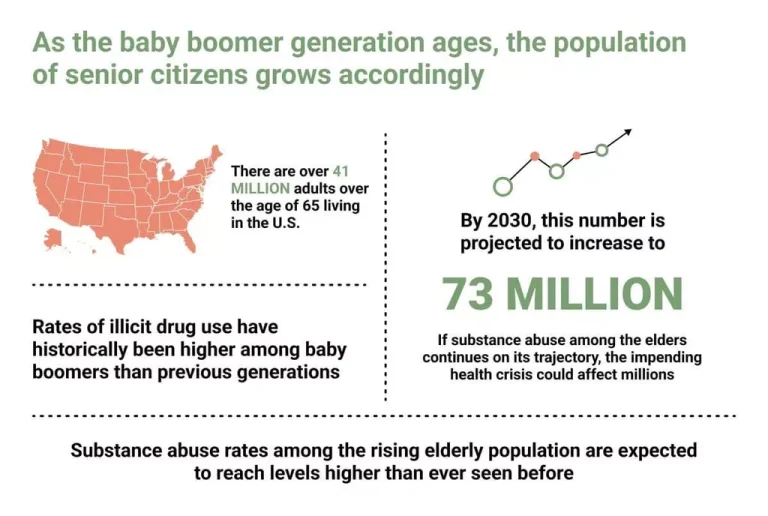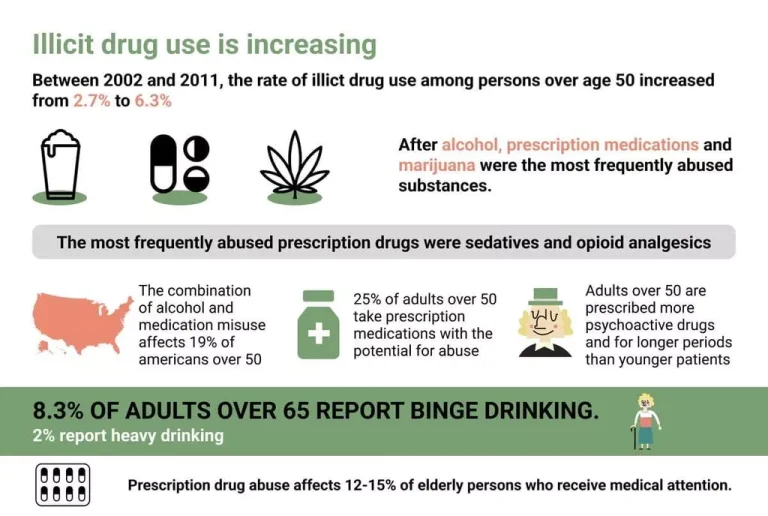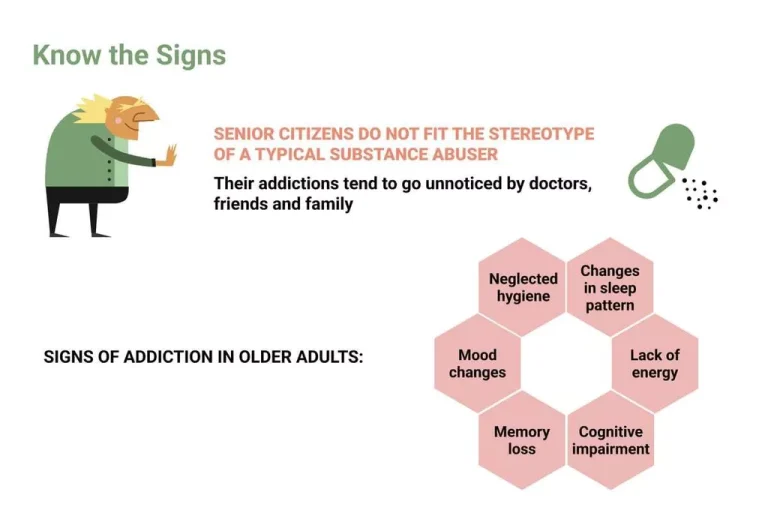
American alcoholic rage syndrome Addiction Centers (AAC) is committed to delivering original, truthful, accurate, unbiased, and medically current information. We strive to create content that is clear, concise, and easy to understand. Anger is a normal human emotion that we all feel at times and for different reasons. It can even be productive because it tells us we need to address some things that aren’t going well in our lives. Drinking alcohol releases norepinephrine into the brain, a stimulant that can decrease our inhibitions while increasing our impulsivity.

Who is at Risk of Becoming an “Angry Drunk?”
Heavy drinkers are more likely to engage in risky behavior, which includes being violent and acting out hostile emotions, often against a loved one. Ultimately, nobody knows what comes first—anger or alcohol use disorder (AUD). However, some studies have been done to better understand who is more at risk. However, some people are more likely than others to be angry when drinking alcohol. This occurs in long-term relationships such as marriage, as well as all dating scenarios.
- Emotionally, a person dealing with PAWS may have mood swings and become depressed, making them tough to be around—maybe even as unpleasant as they might have been when they were drinking.
- Self-awareness is important for everyone’s mental health, but it is especially necessary for people with AUD and anger issues.
- When dealing with alcoholic rage syndrome, it’s crucial to recognize the signs and seek help for yourself or your loved one.
- It’s essential to seek medical treatment for IED as soon as possible.
- There are two separate types of diagnostic criteria for IED, per the DSM-5.
How Anger and Alcohol Contribute to Domestic Violence
There’s no question years of drinking can take a toll on the body. A big part of recovery and your new sober life is making your physical health a priority. Try healthful recipes, join a gym, take up a sport, try yoga (which can have mental benefits as well as physical ones).
When Coping with Alcohol Use Disorder
Alcohol can cause changes in the brain and behavior, leading to aggression. It affects cognitive functions and emotional regulation and is influenced by psychological and social factors. However, when you’re unable to control your anger or seem to have unprovoked outbursts of rage, you may be experiencing “rageaholic“ behaviors. There is also a theory that the disinhibition that alcohol creates raises the risk of violent behavior.

What are the signs and symptoms of intermittent explosive disorder?
Although it may be easier said than done, dialing back your drinking can alleviate the problem. If you notice a connection between drinking heavily and your feelings of anger it is well worth trying this proactive approach. Moderating your drinking or abstaining altogether (especially when you are experiencing strong emotions) can help you view situations from a more clear and rational perspective. It is important to note that alcohol-related aggression and/or violence do not occur in the majority of all chronic alcohol consumers or all alcohol-dependent individuals. However, there is a higher incidence of violence among chronic drinkers.

